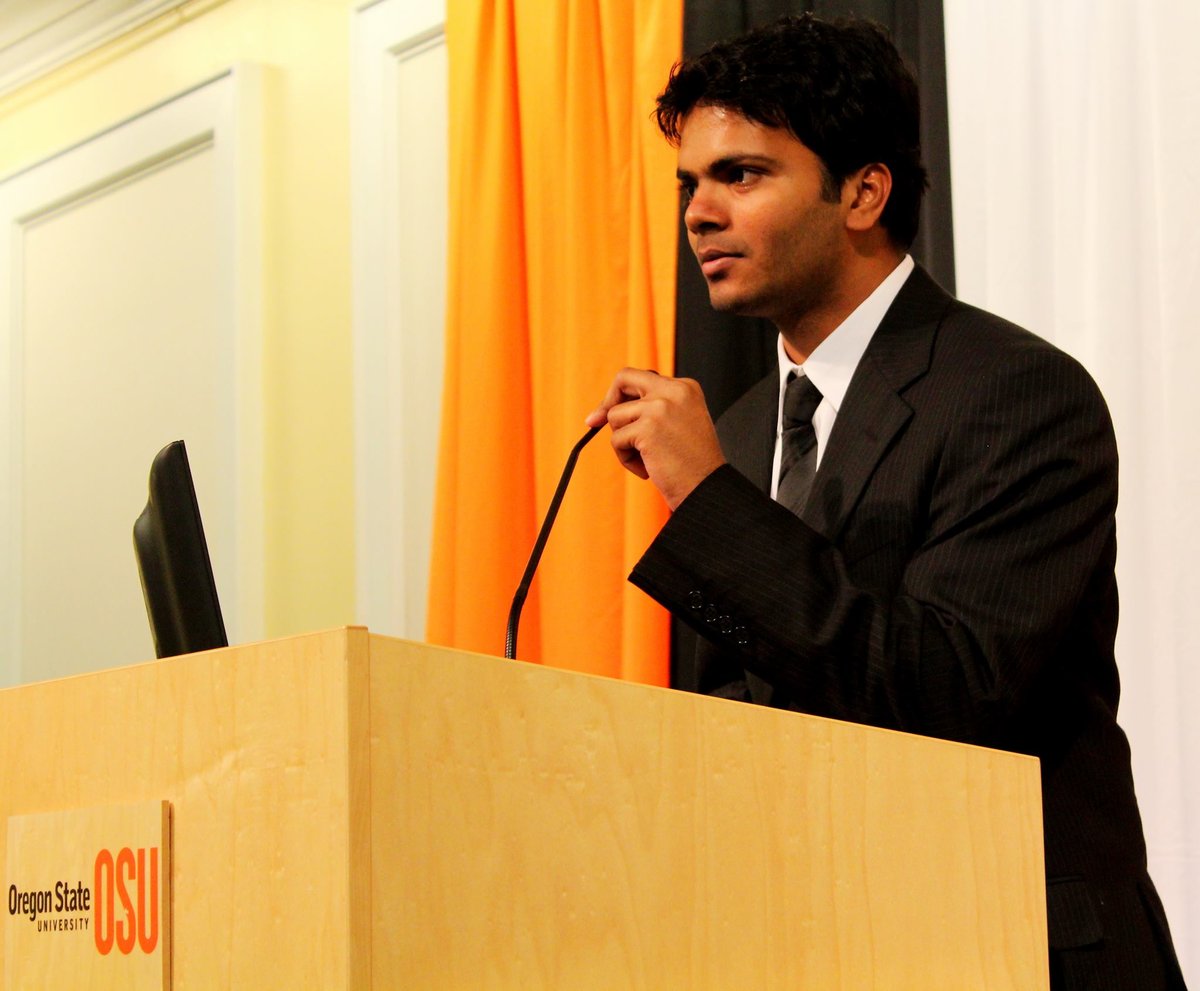Breaking down concepts into simple language goes a long way
Hey Sharath, thanks for doing this, what’s your background?
I have a master’s degree in electrical and computer engineering specializing in statistics and machine learning. I have several years of professional experience solving real-world problems in the manufacturing, facilities, and healthcare domain using data science.
I have also worked on various data science projects in other domains (finance, energy, gaming, IT services, etc.). I am a certified Brown-Belt in Lean Six Sigma Statistical methodologies with experience in project & stakeholder management.
Why did you decide to become a mentor?
Explaining concepts to someone especially with simple language and that is actionable is more fun and goes a long way. When I see people struggling with stuff that I have struggled with, I am like: “oh god, let me save you some anxiety”. In my transition into data science, I received tons of help from the community, and mentoring is my small way of paying it forward.
How did you first get into tech?
I developed a strong interest in statistics and math during my undergraduate studies. I learned that real life brings with it the types of problems that often do not have the right answer.
This is precisely why statistics is beautiful to me: it is the thing that can aid in understanding the outcomes of the decision you make. It is the “educated” in “educated guess.” The more I read about the field of Data Science, the more it felt like my whole education and career path up to this point had been leading me toward it.
My mentor made me feel less anxious

Did you ever have a strong mentor in your life?
Originally from India, I came to the US to pursue my MS degree but had a rough initial 6-8 months. I was fired from my research group, had a poor GPA, and wasn’t able to find a part-time job in my university to pay for my living expenses. I used to feel like an imposter because of less experience in the field. I got a life-changing mentor who helped me get back on my feet when everything was falling apart. He was very supportive and was always by my side. He would discuss specific situations to dive deeper and provide context and perspective to help me feel less anxious about my career.
How do you usually set up your mentorships?
I typically have one call a week that is one hour long through a videoconferencing platform. I usually sit back and listen to what my mentee has to say. I start my conversation with questions like “What’s on your mind?”, “What are you struggling with?”, “What are you working on?”, “What problems excite you?”, “What type of work do you want to do less of and more of?”.
This helps me assess and prioritize topics that I might be able to help with. In order to evaluate progress, we usually agree upon some criteria that would help us assess how efficient this mentorship is. I also like to keep a running doc, shared with my mentee, where I drop notes between our catch-ups and prepare a list of topics. The structure I use is this:
- Key things that happened since last time. We keep this short. Reflecting on action items / guidance / discussions from last time. This is useful for both of us, and I get to learn something interesting.
- A challenge my mentee is having, talking through it, and brainstorming on an approach to solve it.
- A recent success my mentee had. They describe a situation they thought they handled well and why they thought it went well, asking me to share what I thought of it. 9 out of 10 times, they get feedback from a different angle, which makes them re-evaluate how they’ll handle the situation the next time.
Of all the ways I could spend my time, mentoring has the highest return
What are you getting out of being a mentor?
I always aim to learn something new from my mentees by being curious about the problem they want to solve and understanding their viewpoint. Mentoring brings the benefits of becoming a better communicator and teacher.
Of all the ways I think of spending my time, mentoring has one of the highest returns on investment. It enables me to take everything I have learned and pay it forward, shaping the next generation of leaders. I believe the only metrics that will truly matter to my life are the individuals whom I have been able to help, to become better people.
What’s your best advice to new mentors?
People who approach you for mentorship are not only looking for advice but also support. Encouraging words like “You got this” or “You can do this” or something of that kind to let them know that you are on their side go a lot further than you would think.
Help mentees come up with multiple solutions to their problems and help them articulate the tradeoffs themselves.
Finally, remember it’s always okay to say no to mentoring. I’ve politely declined mentorship requests several times because of a lack of mutual fit. If you can, try providing them some recommendations for choosing their next potential mentor.
Who is your ideal mentee?
I’m a firm believer that as a mentee/mentor, you need to invest time and effort in mentorship, to get value out of it. We should set expectations clear from the start.
My ideal mentee comes prepared to our catch-up meetings, making good use of our time. They bring challenges, wins, and areas they’d like to get their input on. During the discussion, as they get advice and ideas, they should commit to actions, follow through with these, and let me know how it went.
And to wrap things up, where can we find more about you?
You can find me on:
LinkedIn - https://www.linkedin.com/in/sharathkumardhamodaran/
Quora - https://www.quora.com/profile/Sharath-Kumar-Dhamodaran

